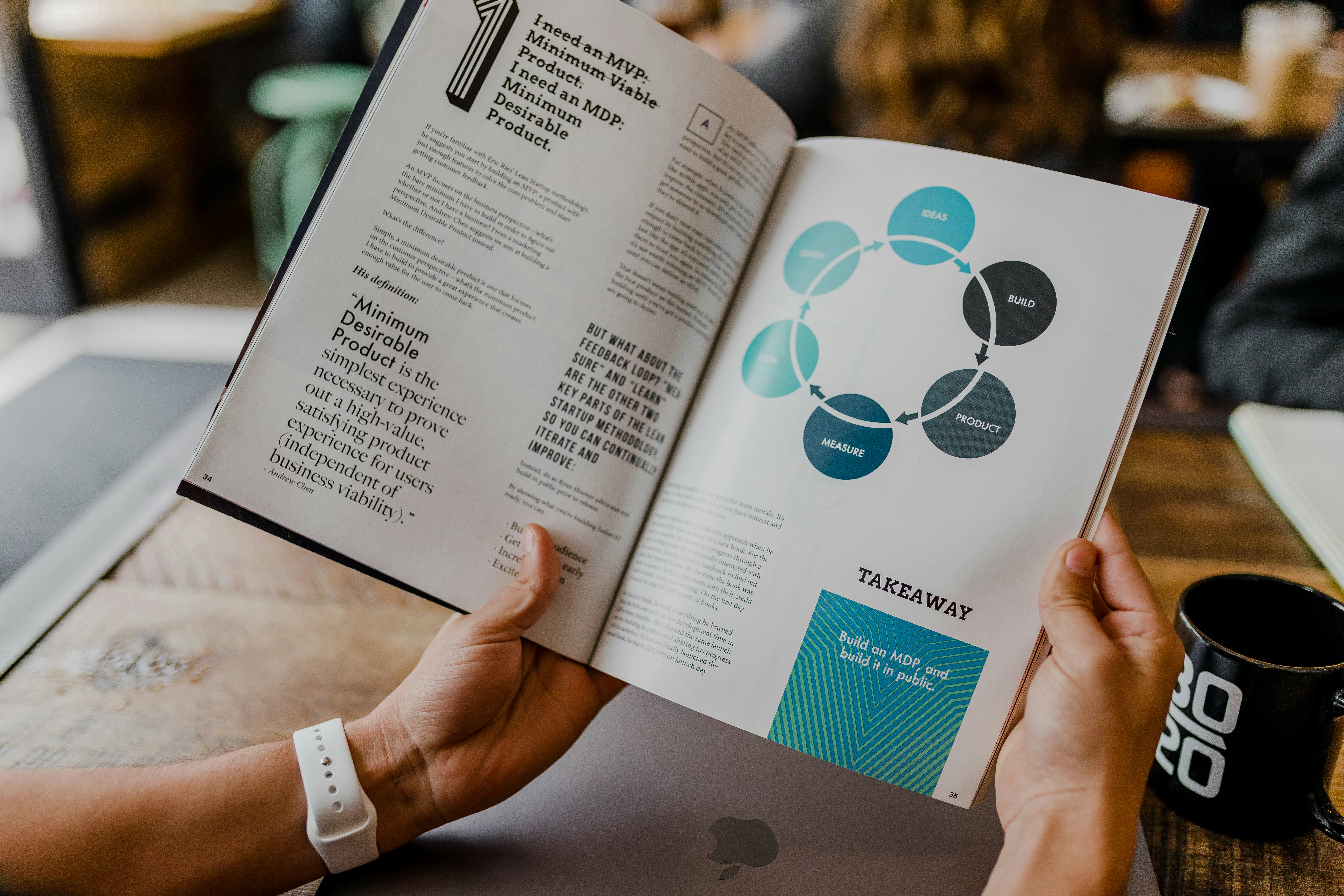
Wake-up
Awaken Your Potential is an essential step towards fulfilling Your dreams.
Often, we have hidden talents and abilities that we are not aware of, but once we discover and develop them, they can take us to greater heights and help us achieve our goals.
The first step to awakening your potential is to identify your strengths and weaknesses. Take some time to reflect on what you enjoy doing, what comes naturally to you, and what you struggle with. You can also seek feedback from others, as they may have a different perspective and can highlight areas where you excel.
Once you have identified your strengths, start to focus on developing them. Look for opportunities to use your strengths and talents, whether it's at work, in your hobbies, or through volunteering. Seek out mentors or role models who have similar strengths and learn from their experiences and advice.
It's also important to work on improving your weaknesses. This may involve taking courses or training programs, seeking feedback, and practicing new skills. Don't be afraid to ask for help or guidance from others, as it shows a willingness to learn and grow.
Another way to awaken your potential is to set goals for yourself. Think about what you want to achieve in your personal and professional life and create a plan to reach those goals. Break down the steps needed to achieve each goal and make a commitment to yourself to take action.
Remember, awakening your potential takes time, patience, and perseverance. It's a journey of self-discovery and growth that requires you to step outside your comfort zone and embrace new experiences. But with dedication and effort, you can tap into your full potential and fulfill your dreams.
So, awaken your potential today and take the first step towards achieving your dreams! No one can make a dream come true while asleep
What’s Included in the Course:
How a growth mindset can propel your confidence and career, making you more innovative and willing to take risks
Identify when you’re operating from a fixed mindset and how it may be holding you back in life and work
Proven strategies to overcome roadblocks to growth
How to calm and declutter the mind, stop overthinking, and use fear of criticism as fuel instead of holding you back
Discovering yourself is a lifelong journey, and there isn't a one-size-fits-all approach. However, here are some effective ways to embark on the path of self-discovery:
Self-Reflection: Set aside time for introspection. Regularly reflect on your thoughts, emotions, and experiences. Journaling can be a helpful tool to document your reflections.
Identify Your Values: Clarify your core values—those principles that are most important to you. Your values guide your decisions and actions, providing a foundation for a meaningful life.
Explore Your Interests: Engage in activities that genuinely interest you. This can be a hobby, a sport, or anything that sparks passion. Pay attention to what brings you joy and fulfillment.
Seek Feedback: Ask for feedback from friends, family, and colleagues. Others may offer valuable insights into your strengths, weaknesses, and unique qualities.
Challenge Yourself: Step out of your comfort zone. Take on new challenges and experiences. Growth often occurs when you push yourself beyond familiar boundaries.
Mindfulness and Meditation: Practice mindfulness to be present in the moment. Meditation can help quiet the mind, allowing you to connect with your inner self and gain clarity.
Personality Assessments: Take personality assessments like the Myers-Briggs Type Indicator (MBTI), the Enneagram, or StrengthsFinder. While not definitive, these tools can provide insights into your personality traits.
Education and Learning: Pursue continuous learning. Whether it's formal education, workshops, or online courses, acquiring new knowledge can help you discover areas of interest and expertise.
Set Goals and Prioritize: Define your short-term and long-term goals. Prioritize what matters most to you and align your actions with your aspirations.
Connect with Others (Networking): Build meaningful connections with diverse people. Engaging with others exposes you to different perspectives and helps you understand more about yourself in relation to the world.
Therapy or Counseling: Consider seeking professional guidance through therapy or counseling. A trained therapist can help you explore your thoughts and emotions more deeply.
Travel and Exposure: Traveling and experiencing different cultures can broaden your horizons and offer new perspectives. Exposure to diverse environments can bring out aspects of yourself that you might not discover in familiar surroundings.
Remember, self-discovery is an ongoing process. Be patient with yourself, stay open to change, and embrace the journey of getting to know the incredible person you are becoming.
Growing as an individual is a dynamic and ongoing process that involves various aspects of personal development. Here are some key ways to foster growth:
Self-Awareness:
- Understand your strengths, weaknesses, values, and beliefs.
- Regularly reflect on your thoughts, feelings, and actions.
- Seek feedback from others to gain insights into your blind spots.
Continuous Learning:
- Embrace a mindset of lifelong learning.
- Read books, articles, and engage in educational activities.
- Stay curious and open to new ideas and perspectives.
Set Clear Goals:
- Define both short-term and long-term goals.
- Break down larger goals into smaller, manageable tasks.
- Regularly review and adjust your goals as needed.
Step Out of Your Comfort Zone:
- Challenge yourself by taking on new experiences.
- Embrace discomfort as a catalyst for growth.
- Learn from failures and view them as opportunities to learn and improve.
Cultivate Resilience:
- Develop resilience in the face of setbacks and challenges.
- Focus on solutions and learning from adversity.
- Cultivate a positive mindset and the ability to bounce back.
Build Meaningful Relationships:
- Foster connections with diverse individuals.
- Surround yourself with supportive and positive influences.
- Learn from others and share your experiences.
Practice Gratitude:
- Cultivate a mindset of gratitude for what you have.
- Regularly express appreciation to others.
- Focus on the positive aspects of your life.
Health and Well-Being:
- Prioritize physical and mental well-being.
- Exercise regularly, maintain a balanced diet, and get adequate sleep.
- Practice mindfulness and stress management techniques.
Adaptability:
- Be adaptable in the face of change.
- Embrace new opportunities and challenges.
- Learn to navigate uncertainty with a flexible mindset.
Seek Feedback and Mentorship:
- Actively seek constructive feedback from peers and mentors.
- Surround yourself with individuals who inspire and guide you.
- Be open to learning from those with more experience.
Time Management:
- Develop effective time management skills.
- Prioritize tasks based on importance and deadlines.
- Set realistic expectations and avoid overcommitting.
Contribute to Others:
- Find ways to contribute to your community or larger causes.
- Helping others can provide a sense of purpose and fulfillment.
- Actively engage in collaborative and team-oriented activities.
Remember that growth is a personal journey, and the key is to be intentional, adaptable, and committed to continuous improvement. Regular self-reflection and a willingness to learn from various experiences will contribute to your overall growth.

